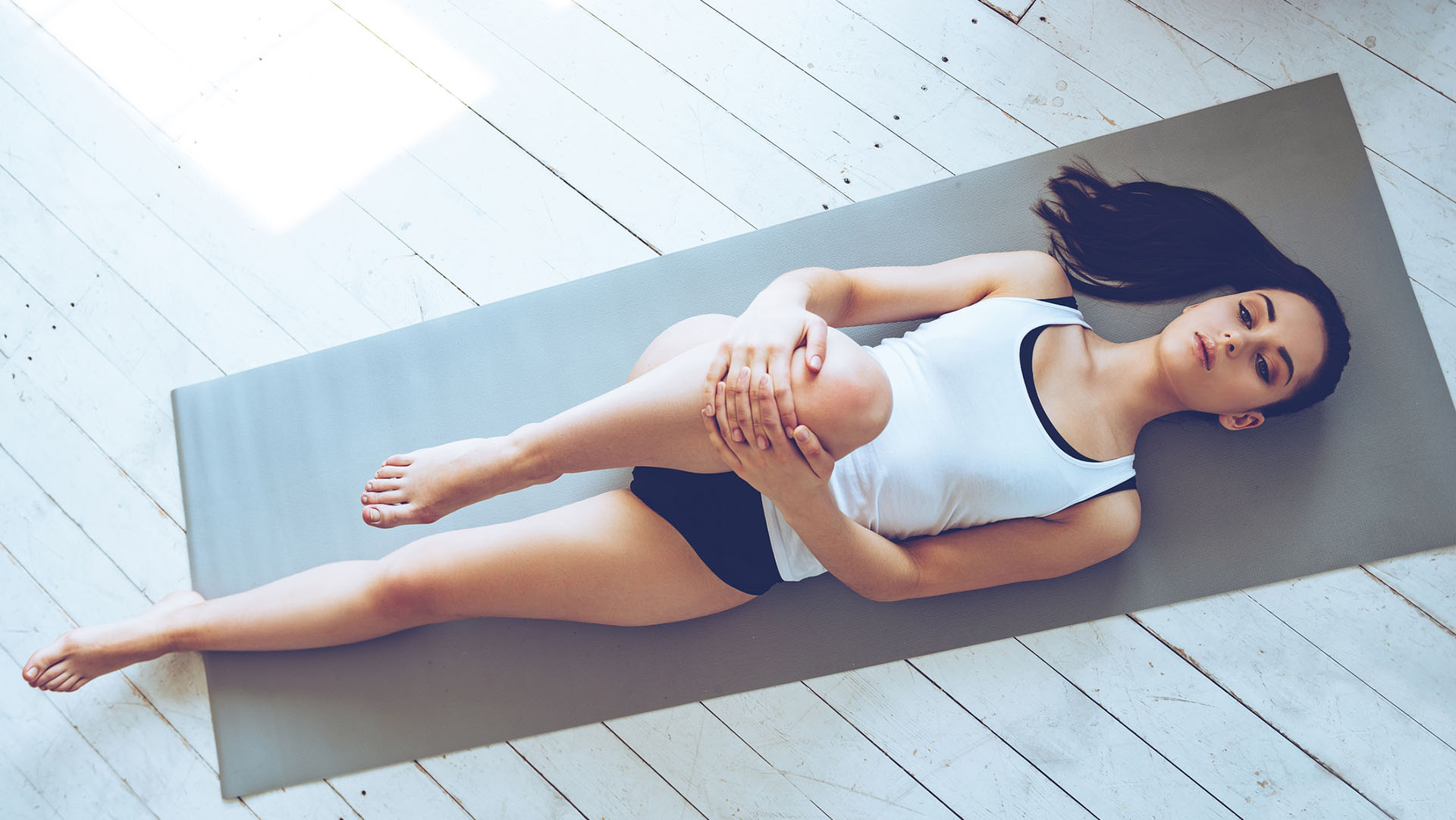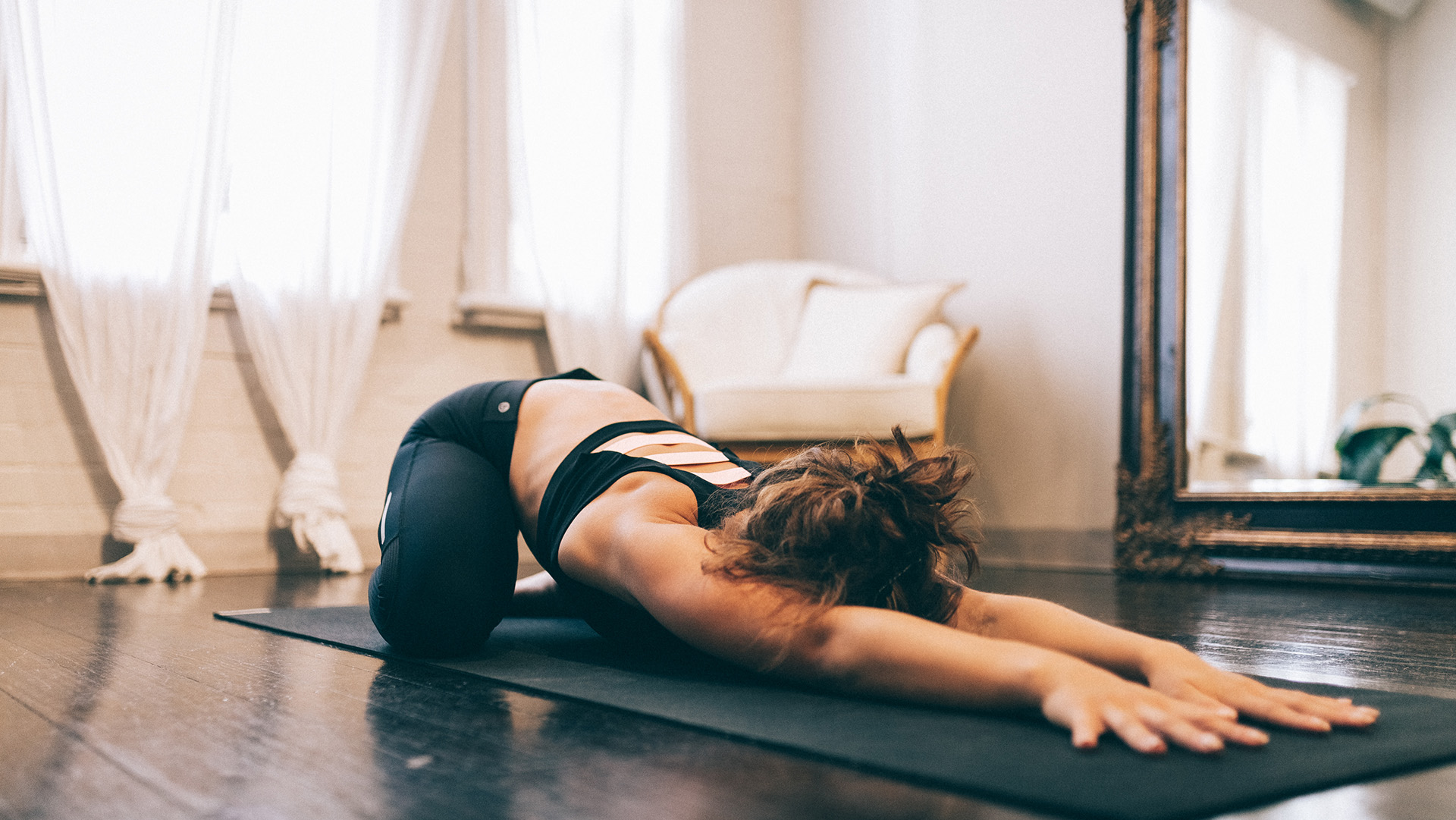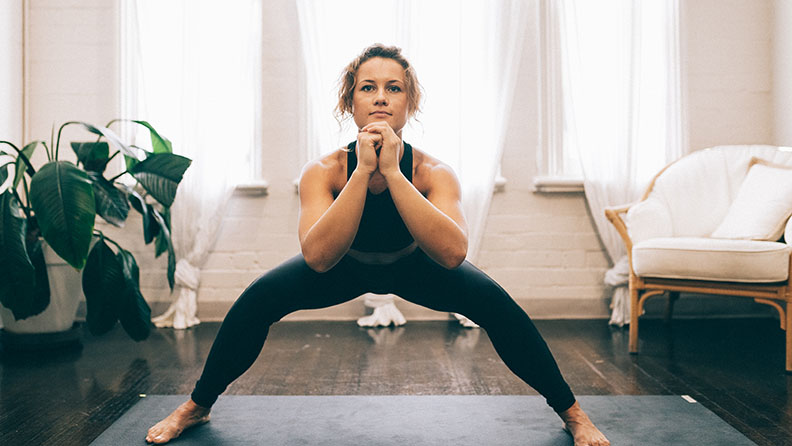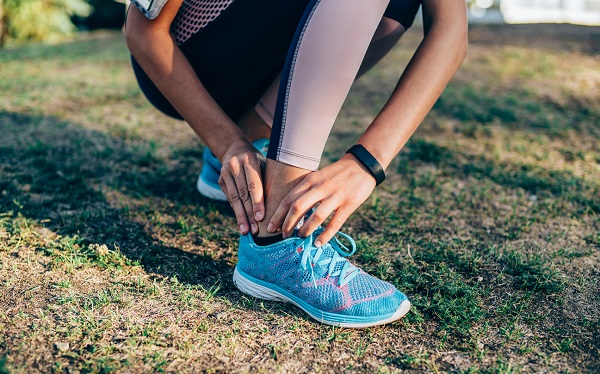-
In Australia, an estimated 43% of us will experience a mental health condition in our lifetimes, according to The National Survey of Mental Health and Wellbeing.
As a society, we often don’t think about taking care of our mental health in the same way we do our physical health. This is starting to change, particularly as more and more research shows we can influence our mental health through exercise.
Exercise: nature’s mood booster
Many research studies have shown that exercise is beneficial for our mental health in a number of ways. Exercise has been found to have acute benefits on mood – think of that ‘runner’s high’ feeling we get just after we finish a workout.
It doesn’t have to be intense, sweat-inducing exercise either. Studies have reported positive effects from light and moderate intensity exercise too. Even short bouts of just 10 minutes at a time may be effective for improving mood. Now that’s something we can do on our lunch break!
Everyone can experience these positive effects. Not only does exercise help reduce symptoms of depression, anxiety and stress in people who have a diagnosed mental disorder - it can also benefit the mental wellbeing of healthy people. It can also be very helpful for reducing stress and boosting the moods of people experiencing a physical health condition (like cancer or diabetes). There’s no one that exercise doesn’t work on!
What’s more, exercise may also have a protective effect on our mental health. A 2017 study published in the American Journal of Psychiatry found that regular exercise can help prevent future depression.
Can exercise improve your mental health?
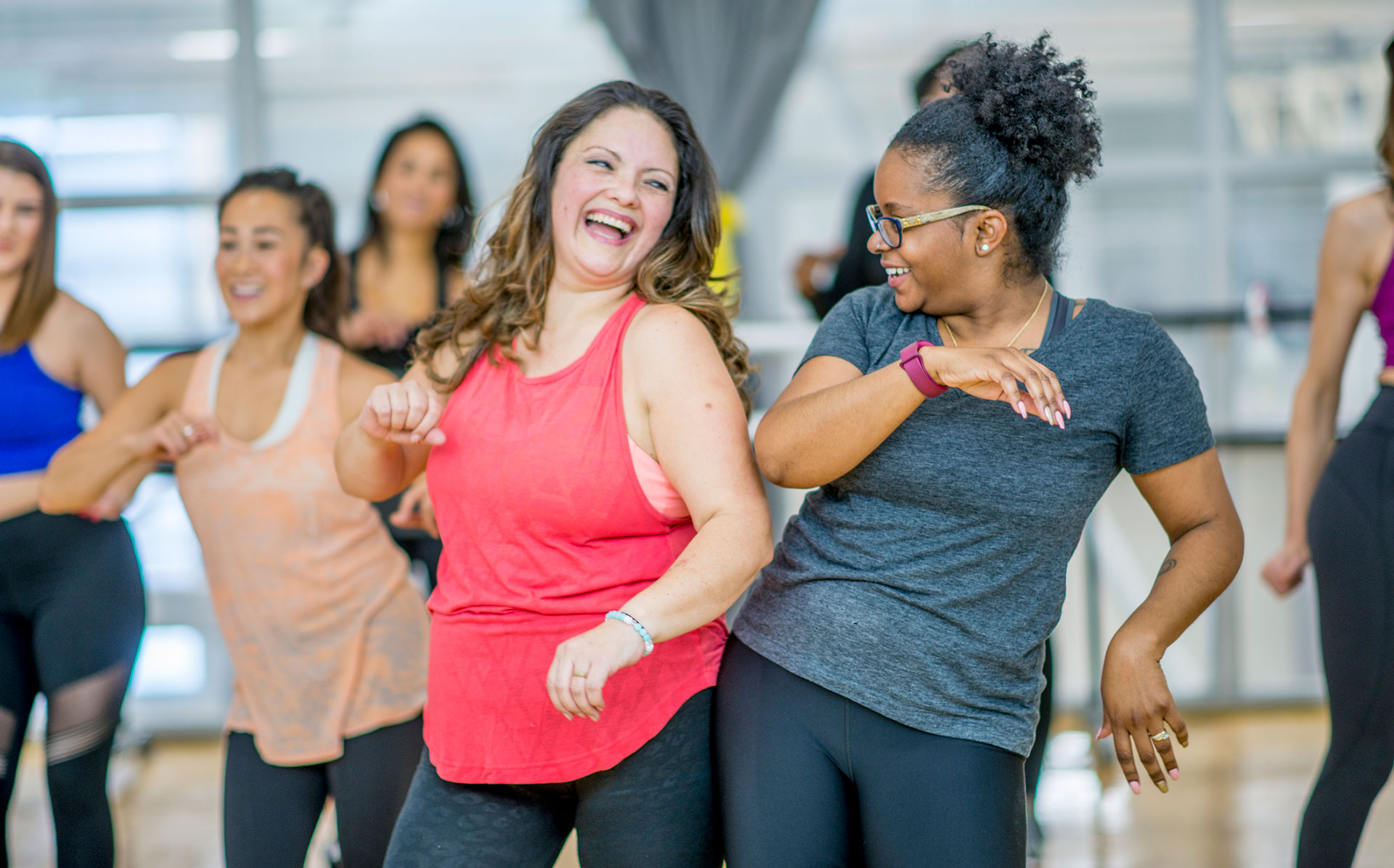
-
How does it work?
Often, people exercise because of the way it makes them feel. There are lots of ways exercise can benefit your mental health, such as:
- The chemicals in the brain get a boost such as serotonin, stress hormones and endorphins.
- Getting active can boost our sense of control, coping ability and self-esteem. People who exercise often report a sense of accomplishment.
- When you exercise in groups, you experience social connection and a sense of community.
- Getting active can increase your energy levels and reduces skeletal muscle tension, making you feel more relaxed.
- It helps you to sleep better and can distract you from negative thoughts.
How much and what types of exercise?
The best exercise is the kind of exercise that you enjoy doing, that you can maintain and that has your body’s longevity in mind. Different types of exercise may bring about different responses, both physically and mentally.
While no one type of exercise is better than the other, we should ideally aim for a balanced exercise routine. This means a combination of resistance training, where we’re strengthening our muscles and joints under load, and aerobic training, where our cardiorespiratory system is challenged.
Activities such as team sports, cycling, aerobic exercise and gym workouts have the highest associations with good mental health, according to a large observational study published in The Lancet Psychiatry journal in 2018. Resistance training has a significant impact on reducing depressive symptoms when done for bouts of 45 minutes or less.
There’s currently a rising popularity in mindful exercise, such as yoga and Pilates, and these can also be great choices to add to your exercise routine. Studies have suggested both may help reduce symptoms of depression.
How much exercise should you aim for? The Physical and Activity Guidelines recommends exercising for at least 30 minutes of moderate activity on most days, three to five times per week, is associated with better mental health. Exercise is particularly beneficial as a treatment for mental health when supervised by a health professional with specific training in exercise prescription, like an exercise physiologist.
An exercise physiologist’s advice
Here are a few tips for getting started.
- Schedule exercise into your diary. Having an exercise routine can help build feelings of stability and consistency, key factors for maintenance.
- Something is better than nothing! Start small and build it up. Set goals that you can measure, don’t take too long to achieve and most of all, are realistic.
- Try to increase your incidental exercise. These are simple ways to move more throughout your day, like parking further away, getting off the bus a stop earlier, taking the stairs or walking on your lunch break.
- Have a balanced exercise diet. It doesn’t need to be all weights or all cardio - you can mix and match to suit the time you have available, your location and your mood. Sometimes 15 minutes of yoga or stretching at home might be exactly what you need.
- See an exercise professional. It’s worth the investment to see someone who can prescribe clinical exercise tailored exactly to your body, your lifestyle and your goals. Plus, we help motivate you and keep you accountable, and celebrate all the wins along the way with you.

Medibank Better Minds
Whether you’re unsure of what you’re feeling, looking out for a family member, or you simply need to hear another voice, we’re here to advise, guide and support you through your mental health journey.
-
Stretches for gym enthusiasts
8 stretches to help you cool down from workouts
-
Stretches for office workers
Stretch out your back and relieve stress
-
Stretches for runners
Stretch your legs, hips and back after a long run
-
How to walk 10,000 steps
Discover how to easily reach your goal of 10,000 steps daily.
-
Everything you need to know about parkrun
Been wondering what a parkrun looks like? Where do you go? What do you do? How do you sign up? Find out here.
-
Five ways to exercise when on a budget
You don’t need to spend money on gym memberships just to meet your fitness goals. Here are five free ways to stay healthy and active when you’re living on a budget.
Subscribe to receive the best from Live Better every week. Healthy recipes, exercise tips and activities, offers and promotions – everything to help you eat, move and feel better.
By clicking sign up I understand and agree to Medibank's privacy policy
